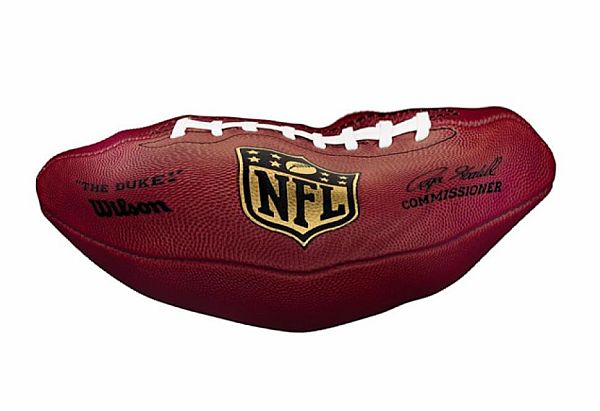If you are reading this article, then chances are strong that you already know of the discipline handed down yesterday by the NFL to Tom Brady and the New England Patriots organization. Brady was suspended for the first four games of the 2015 regular season and the organization was fined $1 million, in addition to being stripped of its 2016 first-round draft pick and a fourth-round draft pick in 2017.
You will also likely have noticed the absence of one name in particular from this list of disciplinary actions, a name that tends to have its fingerprints on every conceivable aspect of the Patriots on an organizational level. That name is Bill Belichick, the head coach of the team’s four Super Bowl champion teams, including in 2014.
This certainly seems to be incongruous with previous league actions taken against institutional rules violations that impact the integrity of the league. Most notably, when the Bountygate scandal broke, Commissioner Roger Goodell suspended Saints head coach Sean Payton for an entire season, in addition to other sanctions.
In the league’s discipline, the commissioner acknowledged that there was no evidence directly connecting Payton to the bounty system, nor was there any clear attribution of knowledge on his part that the system was being run.
Still, in his letter to Payton dispensing the punishment, Goodell wrote that “it was your obligation to know of such a program and to stop it once you did know”, also citing the head coach’s “contractual responsibility to supervise and direct coaches and players”.
Since Payton was disciplined for the actions of his coaches and players under the argument that ‘ignorance is no excuse’, then it stands to reason that Brady’s coordinated efforts to deflate his team’s footballs, which the investigation noted reasonably occurred much more frequently than during the AFC Championship game, would fall under the blanket of actions that Belichick should have been accountable for.
Perhaps the most baffling aspect about the omission of any direct disciplinary action against Coach Belichick is the fact that, in its administering of discipline, the league cited the organization’s status as a repeat offender to justify the severity of the punishment.
Indeed, the $1 million fine is the single largest in league history, and no other team since 1980 has been stripped of multiple first-round draft picks before—the previous one coming from the Spygate incident, of course.
And Belichick certainly qualifies as a repeat offender. In fact, the league fined Belichick twice as much as it fined the Patriots as an organization, such was his prominence in the Spygate machinations, receiving a $500,000 individual fine.
It is true that by many standards, the league’s punishment for the Patriots for the Deflategate issue has been substantial, and even unprecedented. But a very real argument can and should be made that it did not go far enough, even by the league’s own standards set via precedents from earlier examples of institutional discipline. That Belichick will be on the sidelines for opening day, and for every other game, then, seems incongruous with the league’s own purported message over the course of the past few years.






